M’sians share how badly their internships were affected by the MCO
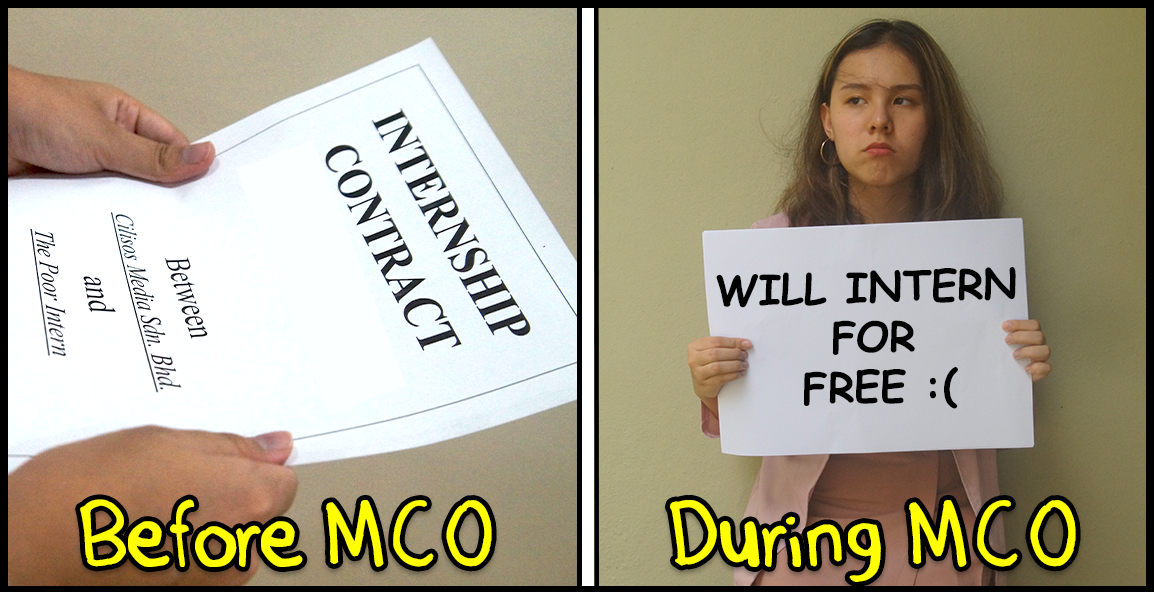
- 976Shares
- Facebook928
- Twitter10
- LinkedIn10
- Email7
- WhatsApp21
When you think of “interns”, what’s the first thing that pops into your head? Underpaid and inexperienced? Designated coffee-fetchers? Or maybe you could be thinking about that one movie where Robert De Niro plays the role of an old man interning at Anne Hathaway’s firm:

Well, as the resident cili-intern, I think that interns are completely different from what people expect. Some people think that being an intern is easy, as our jobs revolve around making coffee and filing. I disagree. Nowadays, interns like myself are expected to complete the same tasks as the full-time employees. If it wasn’t difficult enough having to adjust to a new environment, imagine redoing the same task multiple times due to online miscommunication, and getting scolded in an online meeting where everyone can listen in. Yeah, it’s pretty tough.
Another thing that some people might not know is that we interns talk about our jobs a lot. And one thing that I learned while talking to other fellow interns, is that I’m actually lucky to have an internship where I’m still getting tasks done and being nagged at my editor. Why? Because without my internship, I wouldn’t be able to graduate.
So the next day, as I told my editor about how grateful I was for his nagging, he ordered me to put my gratitude into words by writing this article about internships and the MCO, and to interview other interns while I was at it. Because what’s a better way to learn about the current internship situation than with interns being interviewed by another intern, right?
1. A number of interns found themselves jobless.
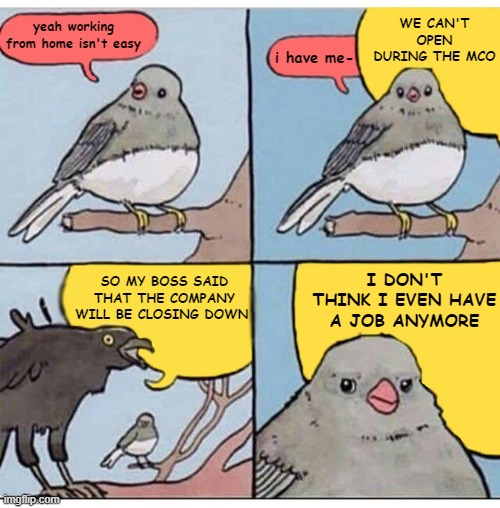
Okay so, “Jobless” can mean two things. First of all, jobless could mean completely unemployed without having any placements whatsoever. Secondly, jobless could also mean not having any jobs to do despite being employed. Well, when conducting the interviews with other fellow interns, I found out that both of these definitions applied.
Thomas is a college student who suddenly found himself out of an internship when his company made the decision to postpone it after the announcement of the MCO.
“My internship got postponed towards the later part of January. Which by that time, would have been rather for me to complete the mandatory 12 weeks internship period that I was required to fulfill.” – Thomas, to CILISOS.
When he asked one of his lecturers for advice, she suggested that he go for the college’s remedial project instead. The remedial project is used as an alternative for interns who have not been able to secure internship placements, due to the impacts of the pandemic and the MCO.
“Even though it doesn’t exactly give me the same challenge as compared to a proper 9 to 5 job, it’s still been able to provide me certain points of learning.” – Thomas.
On the other hand, Leo was able to secure an internship placement but still ended up jobless. Leo, who interns at a broadcasting and film company, suddenly found himself in a bit of a pickle, due to the government implementing strict filming restrictions.
“Because of the MCO, we are not allowed to go out for video shoots. So, we are currently only able to do things on the creative side, like pre-production and planning.” – Leo, to CILISOS.
2. The application process became A. LOT. HARDER.
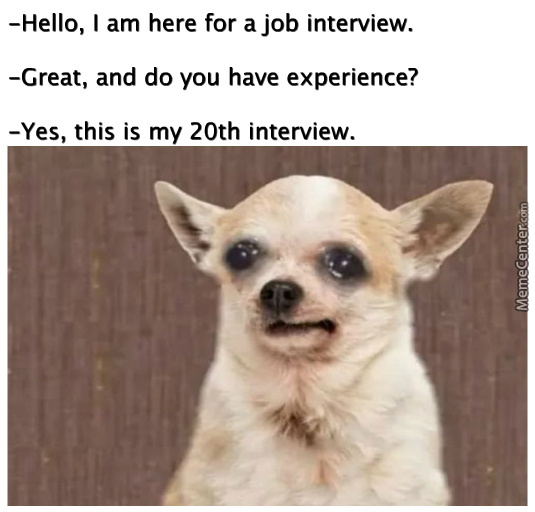
Gan, an interviewee whose fake name is derived from the name of his favorite plant (if you know, you know lah), told us about what he experienced while trying to apply for an internship position, during the CMCO period.
“I applied to around 20-ish companies, and didn’t really get any replies. So, I waited for a month before I decided to call up all the companies and ask if they saw my email. From there I got one interview, which ended up my current internship placement.” – Gan, to CILISOS.
Unfortunately, Gan was not the only one who had to face uncertain circumstances when applying for his internships. Thomas has faced the same difficulties during his application process. He believes the MCO has played a major role in the lack of available internships.
“I’ve only gotten one response out of 25-30 applications. I actually believe that the MCO did play a big role in this; because companies are uncertain of who they can employ and what they’re willing to pay.” – Thomas.
Gan and Thomas applied for their internships even before the current MCO was in place, which means it could be even harder nowadays for interns who are looking to apply for their internships with the current MCO in our midst.
“Nowadays, I would say that we are “trying our luck” more than actually considering our options, because we aren’t even sure if we might even receive a reply from the companies that we applied to. This situation has made many of us interns become desperate for opportunities.” – Gan
Oh and by the way, Gan’s favourite plant is actually maho-GAN-y. Because what other plants would it be, right?
3. Those looking for specialized internships are screwed.
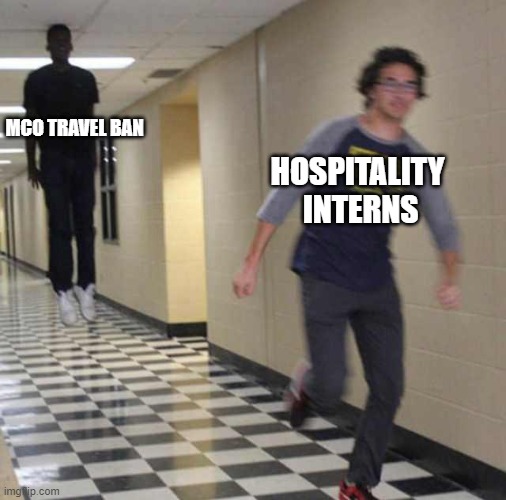
During the MCO, some industries have been hit harder than others. For example, in the hospitality industry, as many as 204 tourism and hotel operators have closed down since March last year. With businesses closing their doors, this means that internships in sectors like these will have a significantly higher risk of being lost, withdrawn, or delayed.
This was the case for Isabelle, who has spent too much time playing the game ‘Animal Crossing’. (Yes, he’s a man. +10 points if you get the reference.) Isabelle, who was given an opportunity to have his internship at a mental health clinic, says that he is still unsure of when he will be able to start.
“Because of the MCO, the clinic was closed for operations. So, my internship had to be delayed indefinitely until after the MCO is done. To this day, it is still uncertain as to when I can start.” – Isabelle, to CILISOS.
Due to the MCO, employees in non-essential industries have been mandated to work from home, which is possible for industries that do not revolve around the usage of physical labor. Therefore, there are still businesses in certain industries that have still been able to thrive, due to the work being easily transferred and done remotely, while other industries are struggling to stay afloat.
“If you were to look at a job-searching platform like Indeed, most of the positions which are available are for design and software. Meanwhile, cleaning businesses, such as the one owned by my mother, are definitely affected by the MCO.” – Isabelle.
4. Unpaid internships are becoming #thenewnormal.
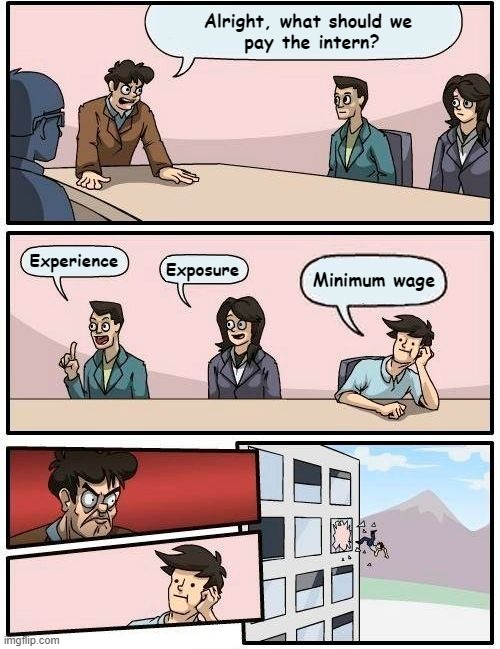
One thing that all of the 4 interviewees had in common was that they either undergoing completely unpaid internships or were unsure of the amount they would be paid. Even though interns are usually paid incredibly little anyway (*cough cough* Note to Editor *cough cough*), many companies have chosen to not pay their interns.
“Due to us currently not doing any filming or shoots, my company said that I will only be paid for the first week where I was able to work. The payment for the rest of the internship will depend on the situation.” – Leo.
So, due to the reasons which we mentioned before; students have to take any opportunity that comes their way so that they can graduate, even if it means that they won’t be paid at all.
“One of the first things that the company told me in the call was that the internship would be unpaid. So I weighed my options, and took the opportunity cause it was the only one I received.” – Thomas.
With that being said, are companies actually obligated in any way to pay their interns?
Well, as of 2019, all government ministries in Malaysia are obliged to pay their interns a monthly allowance. On the other hand, companies in the private sector are given a choice to decide on whether they are willing to pay their interns and how much they are willing to pay, with the average allowance falling between the range of RM300 to RM1000 a month.
Payment during internships have always been a popular topic of debate; with some people arguing that interns should be paid, as they are still providing the company with their labor, while others believe that interns should not be paid, due to companies investing enough time and money into training them, due to their lack of skills and experience.
Meanwhile, there are also those who believe that unpaid internships are justified, but only if the interns are not required to complete the same tasks as the full-time staff, and if more focus is put into training them for their own benefit.
But regardless of whether you think interns deserve to be paid or not, the problem now is that companies may not even have the budget to employ and maintain an intern, due to economic uncertainties caused by the pandemic.
“I think companies are a little more reluctant with their allowance for interns as their budget ends up being a little more restrained, due to the possibility that they might be struggling to even cover their basic expenses every month.” – Thomas.
5. Fresh-grads may be inexperienced when entering the workforce.
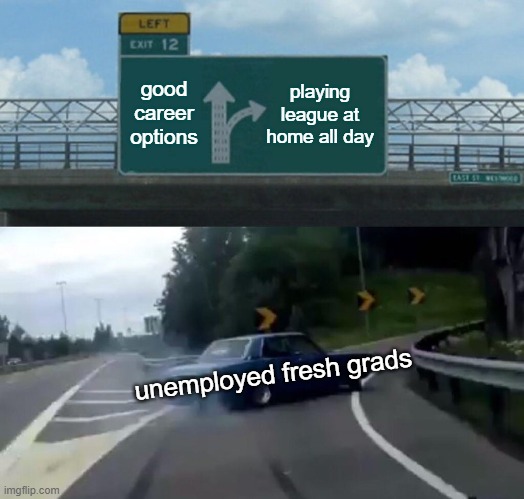
The main reason why internships exist is to allow an intern to gain real working experience. But because of the MCO and its variants, interns won’t get the full experience they need.
“If it wasn’t for the MCO, I would be out there gaining exposure and experience, which I could use to build by CV. I would have had the work experience I would need to secure a good job.” – Isabelle.
In addition, interns have also been deprived of an opportunity to experience a real-life working environment; such as face-to-face communication, conducting meetings in-person with clients, and going for lunch, which are things that we usually don’t even think twice about because it’s such a norm.
“Since I have not been able to go into the office, it has been more difficult communicating with my colleagues and supervisors. When I have questions, I can’t really ask them because now they’re often too busy with their own work to reply.” – Gan.
We could see an entirely new breed of fresh-grads in the future.
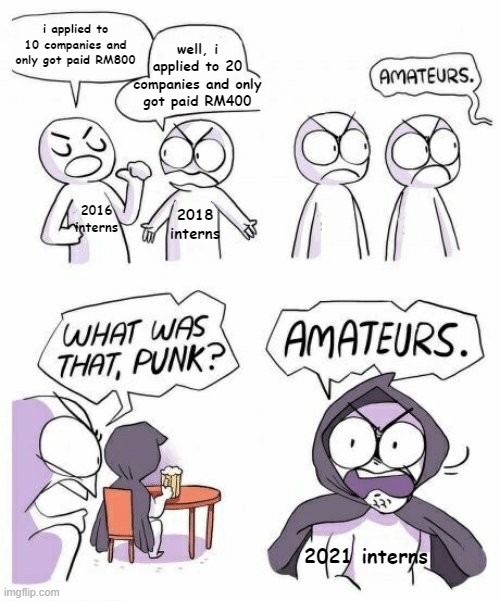
Ultimately, with such big changes being made in the way internships are done and conducted, it could end up changing future fresh-graduates in many different ways. The latest batch of fresh graduates could end up having completely different expectations and skills than past interns, due to vastly contrasting experiences during their internships.
For example, in the workplace, there are certain formalities and norms, such as dress code and office etiquette, that have to be learned through experience. However, due to future fresh-graduates being used to working from home during their internships, they could end up unprepared and unacquainted with simple, but important aspects of their career, but technologically skilled and digitally-advanced as well.
Or in simpler words, that means that our future workforce could potentially end up with a bunch of fresh graduates who are not well-versed in basic office etiquette but are really tech-savvy.

- 976Shares
- Facebook928
- Twitter10
- LinkedIn10
- Email7
- WhatsApp21



